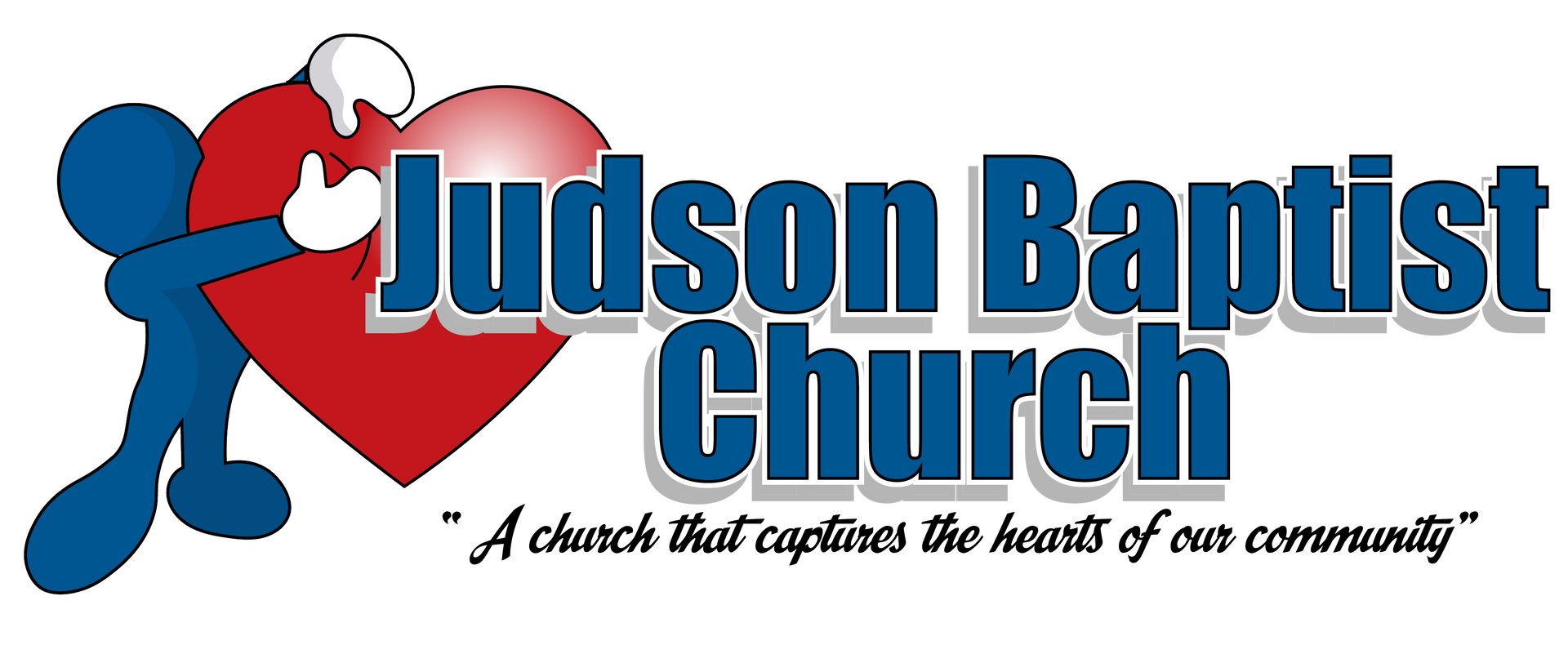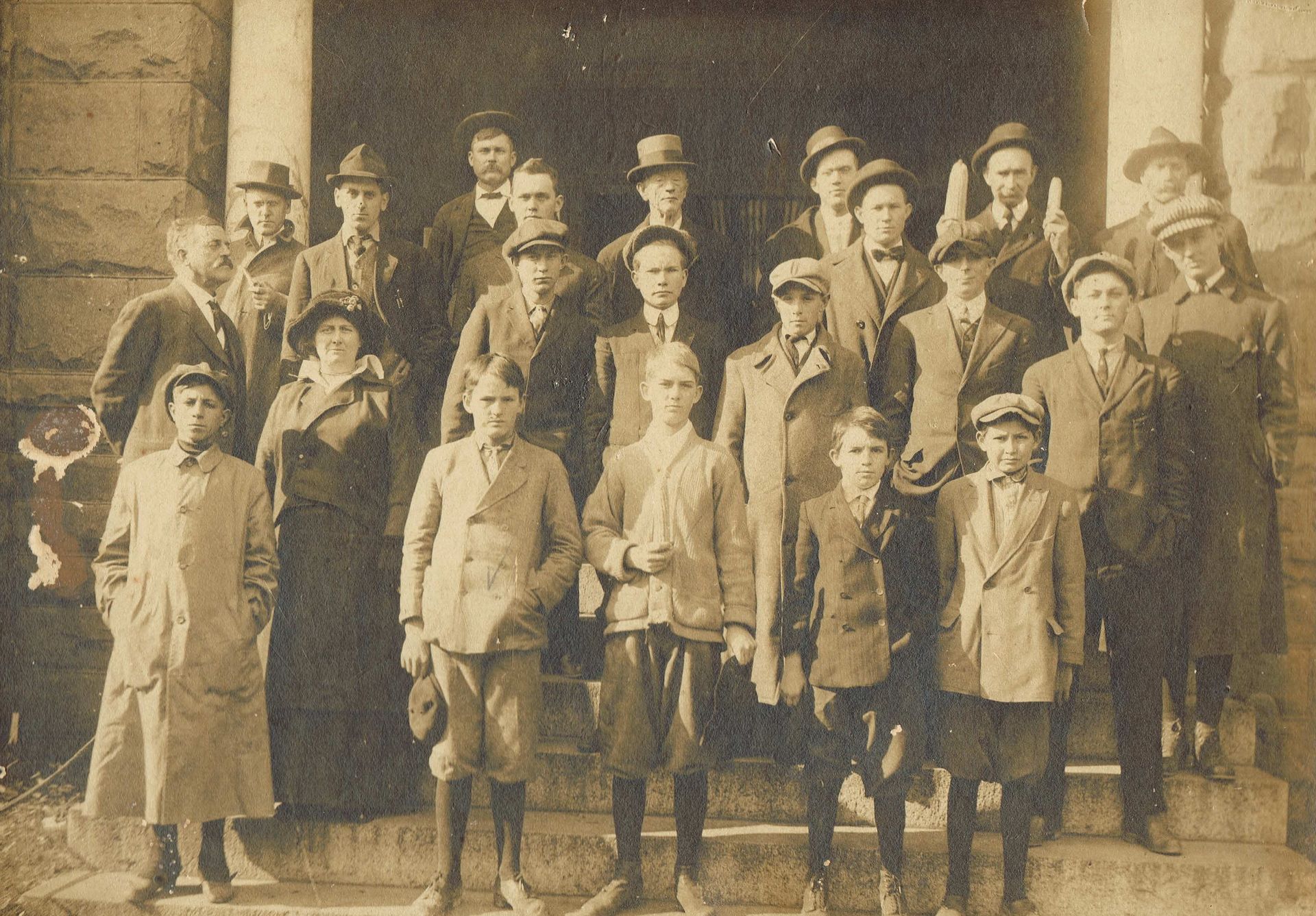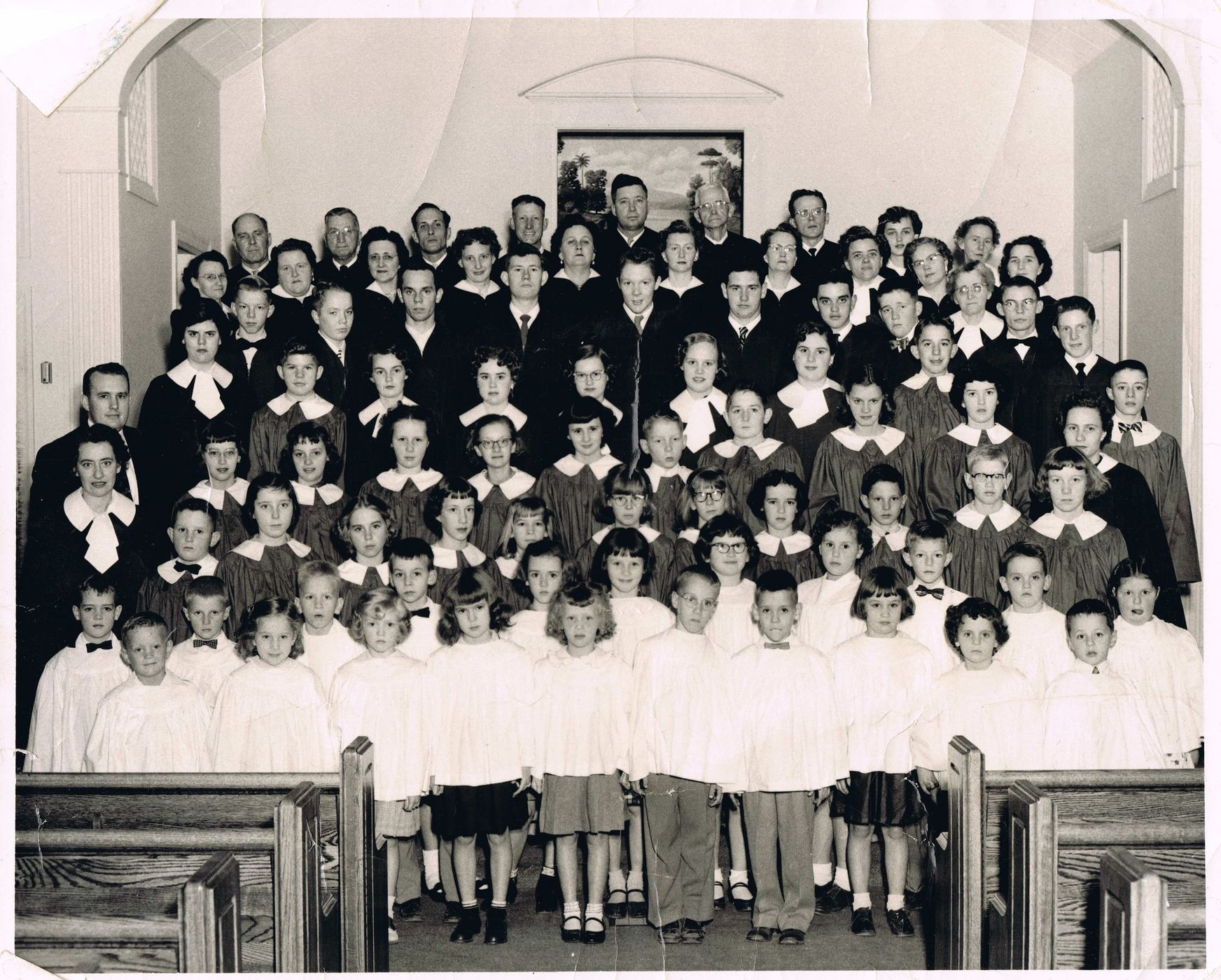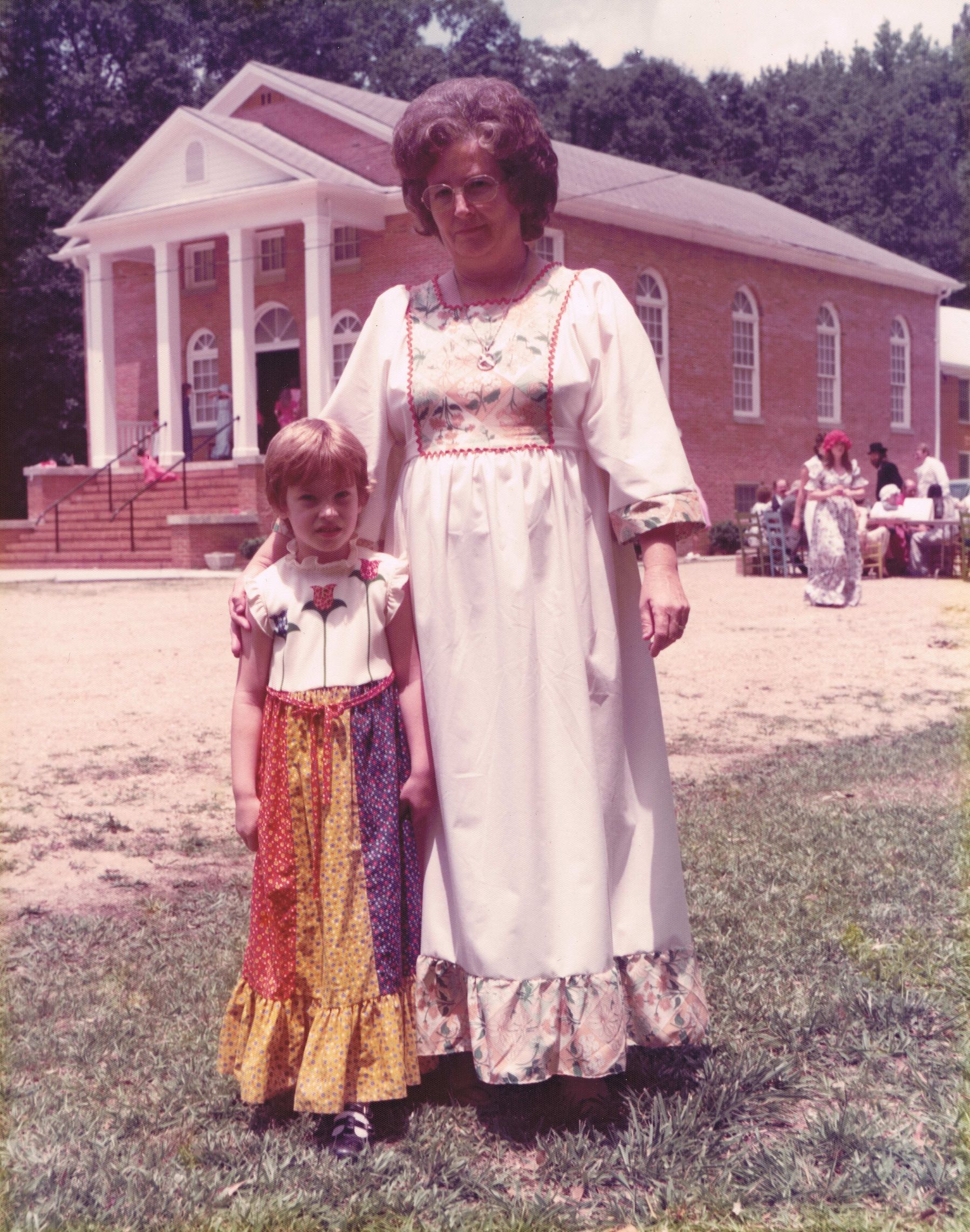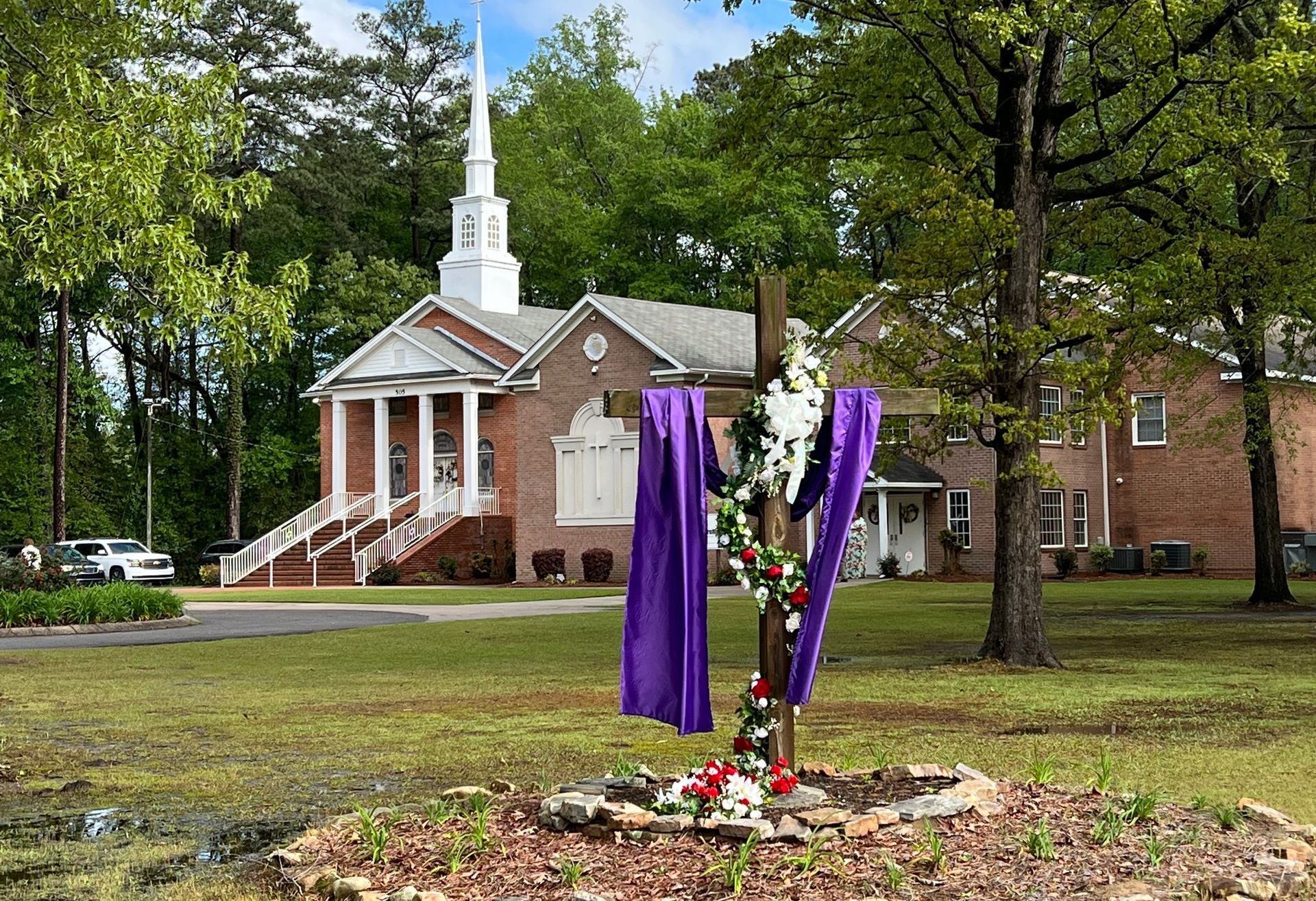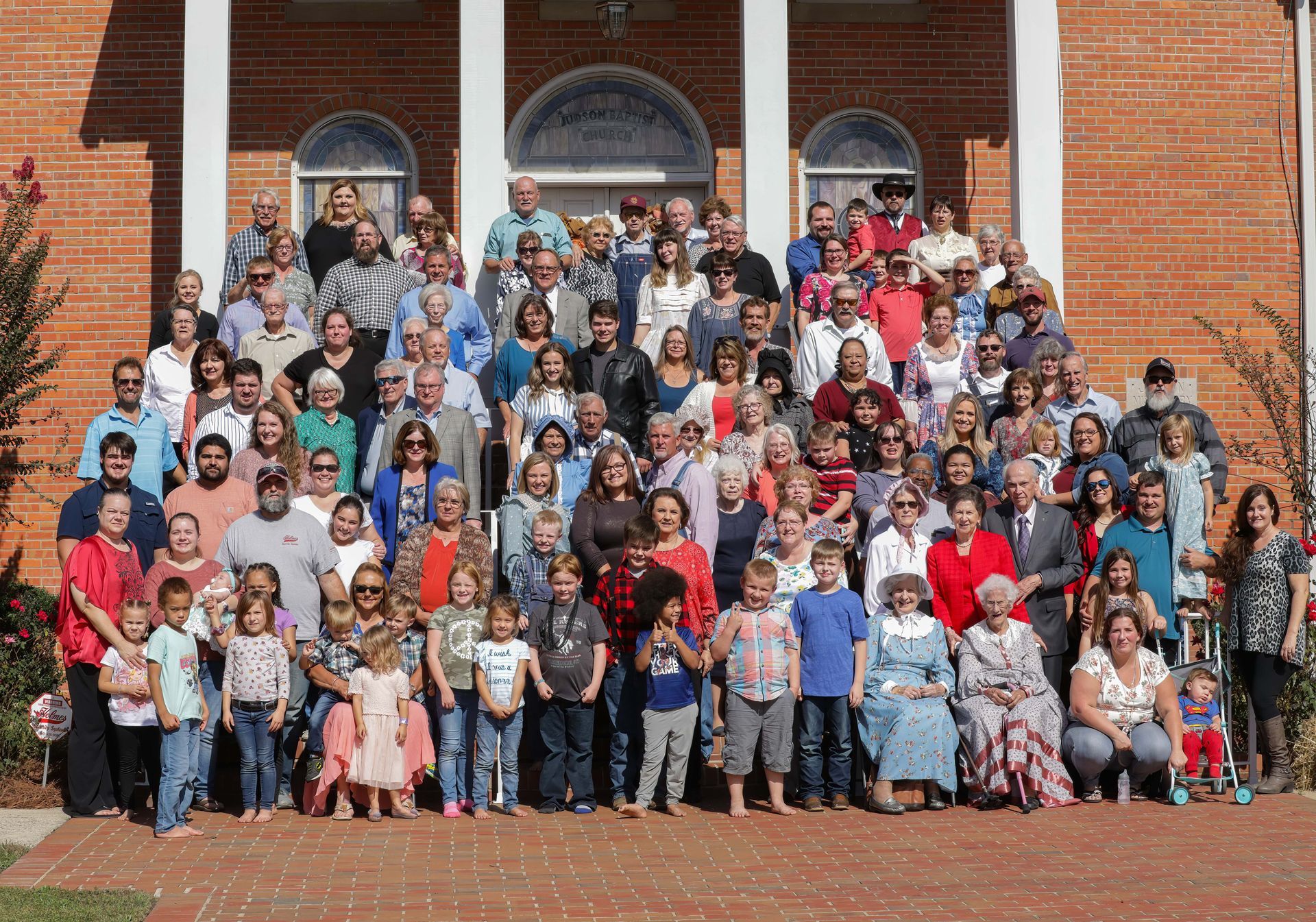The years following the Civil War were difficult for everyone in the South. The war had claimed many lives, and the country was left in ruins. The economic and social structures of the South had been drastically altered. Yet, in the midst of this turmoil and poverty, a small group of determined and dedicated individuals recognized that rebuilding their community would not be complete without establishing a house of worship for God and His children.
With this conviction, on October 8, 1871, Love McDaniel, J.M. Beasley, and John T. Honrhine, acting as the Presbytery, took a step of faith to organize a church. The chosen site was a plot of land donated by Love McDaniel. The Presbytery was deeply committed to selecting a name that would reflect the core beliefs of the Baptist faith. After much thought and prayer, they decided on a name well known in religious circles, Adoniram Judson, honoring the great missionary whose legacy embodied the principles they hoped to instill in their new congregation.
The founding members of Judson Baptist Church were few but deeply devoted. They included J.T. Townsend, Mrs. M.H. Townsend, Nathan Hall, Love McDaniel, Miss Mary McDaniel, Miss Emma McDaniel, and Miss Anna McDaniel. The first members received into the church were John T. Honrhine and Elizabeth Honrhine.
